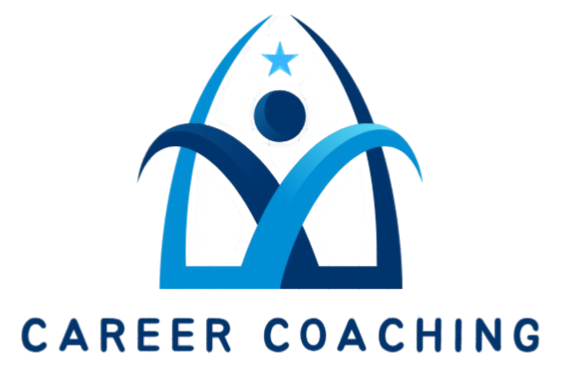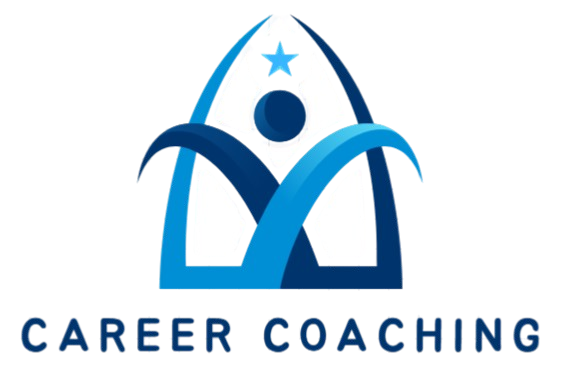AS INDIVIDUAL CONTRIBUTOR TOPICS
AS INDIVIDUAL CONTRIBUTOR TOPICS
- Understanding Personal Strengths and Challenges
- Identifying personal strengths (e.g., attention to detail, pattern recognition) and challenges (e.g., sensory overload) to tailor work strategies.
- Self-Advocacy
- Learning to communicate specific needs to colleagues or supervisors, such as preferred work environments or accommodations.
- Time Management
- Developing time management strategies to stay on top of tasks and meet deadlines effectively.
- Task Prioritization
- Understanding how to prioritize tasks based on deadlines and importance to ensure work is completed in the correct order.
- Managing Transitions Between Tasks
- Building strategies for smoothly transitioning between tasks, especially if switching focus is challenging.
- Developing Communication Skills
- Working on both verbal and written communication to ensure clarity when interacting with colleagues and supervisors.
- Understanding Social Cues
- Learning to read and interpret social cues, such as body language or tone of voice, which may not come naturally.
- Minimizing Sensory Overload
- Identifying and managing sensory triggers (e.g., noise, lighting) that can cause distractions or discomfort in the workplace.
- Collaborating with Colleagues
- Developing teamwork and collaboration skills, including how to share ideas and participate in group projects.
- Managing Routines and Change
- Building flexibility to adapt to changes in routine or unexpected tasks while maintaining productivity.
- Attention to Detail
- Harnessing a natural attention to detail without getting stuck on perfectionism, especially when it impedes progress.
- Task Completion
- Developing techniques to ensure that tasks are completed on time, particularly when interest fades or if tasks become repetitive.
- Managing Workload and Stress
- Learning how to balance workload, manage stress, and prevent burnout, especially if they become hyper-focused on certain tasks.
- Developing a Structured Work Environment
- Creating a structured and predictable work routine to enhance focus and productivity.
- Using Organizational Tools
- Utilizing digital tools like calendars, project management software, or task lists to stay organized and on track.
- Executive Functioning Skills
- Strengthening skills related to planning, organizing, and completing tasks, which may require extra support.
- Asking for Help When Needed
- Learning when and how to seek help from others if they encounter difficulties, without feeling reluctant or overwhelmed.
- Social Interaction in the Workplace
- Navigating workplace social norms, such as small talk, team lunches, or networking events, while maintaining authenticity.
- Managing Perfectionism
- Understanding when a task is “good enough” and letting go of the need for perfection to avoid spending too much time on details.
- Handling Feedback
- Developing strategies for receiving and implementing feedback, which may require specific clarification if the feedback is ambiguous.
- Conflict Resolution
- Learning how to manage workplace conflicts, particularly if misunderstanding social nuances or communication styles leads to friction.
- Adjusting to Work Environment
- Adapting to different work environments (e.g., open-plan offices, remote work) while finding ways to minimize distractions.
- Dealing with Anxiety
- Managing workplace anxiety, particularly if it stems from new situations, social expectations, or unfamiliar tasks.
- Task Initiation
- Overcoming challenges in task initiation by developing systems to start tasks promptly, even if the process feels overwhelming.
- Building Work-Life Balance
- Establishing a healthy work-life balance, recognizing when to step away from work to recharge, and managing energy levels effectively.

